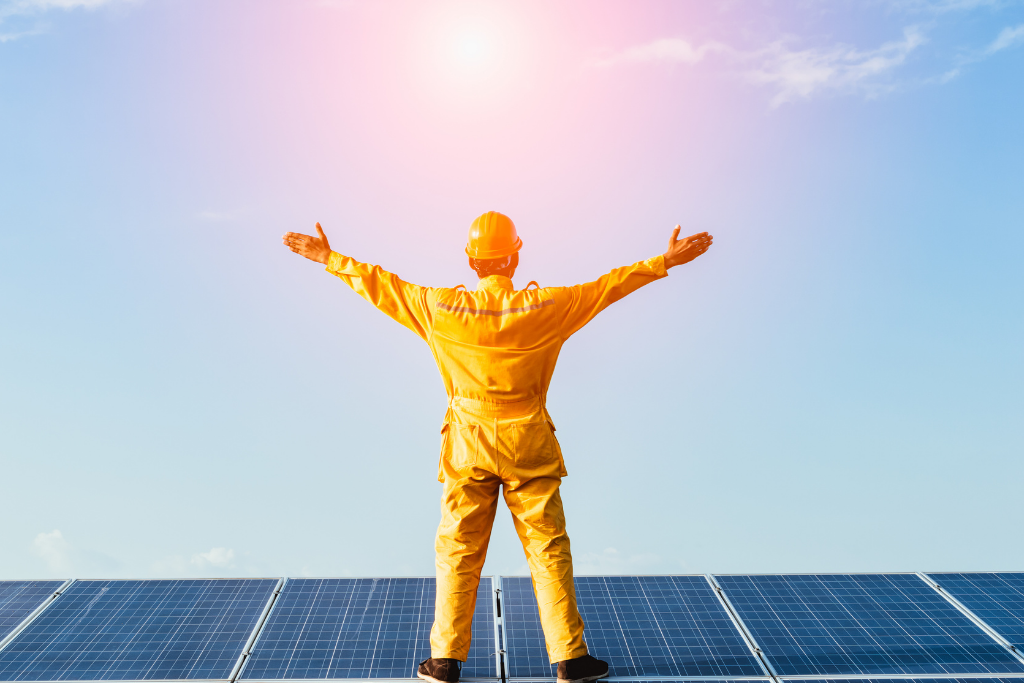1. Reduce energy bills
This is a huge benefit. Tampa has a high amount of sun, and it’s enough to power our house of three kids and two adults at net-zero energy consumption. On hot summer days, Tampa generates a lot more than most people consume, and that could be traded. On hot summer days, when people run the air conditioning, or on cloudy days, people draw from the grid. Even if you live in a cloudy location, such locations typically receive more than two hours of sunlight per day. On the other hand, sunny locations receive an average of 5.5 hours of sunlight per day.
Although sunny days will generate more solar energy, solar panels will proceed to draw energy even when the weather is cloudy. Indirect, or diffused, sunlight will still help to power your entire home. Cloudy days typically produce around 10 to 20 percent of the power generated on sunny days.
INVEST IN YOUR OWN ENERGY
2. Earn tax credits
Many don’t realize how big of a benefit this one would be, but solar panels are actually paying its users. To begin, you will get 30 percent of total system costs back from equipment and installation as a federal income tax credit when you file your taxes. This means you would save on average $7,500 on a solar system worth $25,000.
Combine this with state and local rebates and Solar Renewable Energy Credits (SRECs), and entire costs can be cut in half. The SRECs are created throughout the year, and you can sell them to companies, which generates a very impressive return on the initial investment.
Our D.C. Mayor, Muriel Bowser, signed the Renewable Portfolio Standard Expansion Act of 2016 in summer 2016. This Act, B21-0560, raises the renewable portfolio and solar requirements to 50 percent and 5 percent, respectively, by the year 2032. In addition, the bill establishes a program within the Department of Energy and the Environment to assist low-income homeowners with installing solar systems on their homes.
3. Start saving from day one
Annual energy costs can actually be in the thousands. In fact, the basic annual energy expenditure per person is $3,052, including entire transportation and residential energy. Solar power can drastically reduce or eliminate these costs as soon as they are installed. They also offer long-term savings, since it’s basically free to capture the power of the sun. Solar panels dramatically improve your resale value. Most homebuyers comprehend what a home with solar panels means—especially since the system is already in place and they didn’t have to make the initial investment and installation. According to research, the majority of homeowners see a $5,911 resale value increase per installed kilowatt. That means if you install a 3.1 kilowatt system, you could improve your home’s resale value by nearly $18,000 in total.
Solar panels also extend the overall life of a roof, because they protect from the elements, such as rain and debris in Tampa. They make the house more energy-efficient in the summer since the hot sun is not beating down on the roof —it is rather being absorbed by the panels, keeping the house temperature a lot lower.
4. Help The Environment and Help Us All
Solar power systems gather clean, pure energy from the sun. Installing solar panels on your home helps combat greenhouse gas emissions and reduces our collective dependence on harmful fossil fuels. Non-renewable electricity is sourced from fossil fuels such as coal and natural gas. When fossil fuels are burned to produce electricity, they emit harmful gases that are the main cause of air pollution and global climate change. Not only are fossil fuels harmful for the environment, but they are also finite resources. Because of this, the price is constantly fluctuating and can increase quickly.
Renewable energy also improves overall public health. Coal and natural gas plants generate air and water pollution that is harmful to human health. But replacing fossil fuels with renewable energy sources, such as solar power, can decrease premature mortality as well as total health care costs. Although fossil fuel production demands significant water resources and causes water pollution, solar energy requires little to no water to function. So, not only does solar power not pollute water resources, but it also doesn’t put a strain on the world’s overall water supply.
Solar power also works during a heatwave. Coal, natural gas, and nuclear power use immense amounts of water for cooling. During heat waves or severe droughts, as we’ve experienced in recent years, electricity generation is at high- risk. Yet solar power systems do not need water to generate electricity. In addition, solar power makes jobs in clean energy. The U.S. has been leading in the clean energy industry. This trend will hopefully continue, in the face of government budget cuts to EPA and DOE, as innovative and progressive companies continue to embrace the changing landscape of energy production and move to renewables.
Companies provide customized solutions to serve a variety of residential and commercial wants by offering thorough communication to exchange opinions for suggestions that allow needs to be met. Companies take the time to comprehend energy requirements, usage, and habits. Some households use certain appliances and technologies at certain hours of the day whereas smaller families require different hours of usage. Companies take note of the detailed schedule of usage to provide accurate suggestions and to recommend the right system for a business or home. The departments of solar companies provide expertise and customer service to handle every issue and answer each inquiry to keep clients updated o
Solar power systems gather clean, pure energy from the sun. Installing solar panels on your home helps combat greenhouse gas emissions and reduces our collective dependence on harmful fossil fuels. Non-renewable electricity is sourced from fossil fuels such as coal and natural gas. When fossil fuels are burned to produce electricity, they emit harmful gases that are the main cause of air pollution and global climate change. Not only are fossil fuels harmful for the environment, but they are also finite resources. Because of this, the price is constantly fluctuating and can increase quickly.
Renewable energy also improves overall public health. Coal and natural gas plants generate air and water pollution that is harmful to human health. But replacing fossil fuels with renewable energy sources, such as solar power, can decrease premature mortality as well as total health care costs. Although fossil fuel production demands significant water resources and causes water pollution, solar energy requires little to no water to function. So, not only does solar power not pollute water resources, but it also doesn’t put a strain on the world’s overall water supply.
Solar power also works during a heatwave. Coal, natural gas, and nuclear power use immense amounts of water for cooling. During heat waves or severe droughts, as we’ve experienced in recent years, electricity generation is at high- risk. Yet solar power systems do not need water to generate electricity. In addition, solar power makes jobs in clean energy. The U.S. has been leading in the clean energy industry. This trend will hopefully continue, in the face of government budget cuts to EPA and DOE, as innovative and progressive companies continue to embrace the changing landscape of energy production and move to renewables.
Companies provide customized solutions to serve a variety of residential and commercial wants by offering thorough communication to exchange opinions for suggestions that allow needs to be met. Companies take the time to comprehend energy requirements, usage, and habits. Some households use certain appliances and technologies at certain hours of the day whereas smaller families require different hours of usage. Companies take note of the detailed schedule of usage to provide accurate suggestions and to recommend the right system for a business or home. The departments of solar companies provide expertise and customer service to handle every issue and answer each inquiry to keep clients updated on the status of specific renewable energy systems.
Roughly 85% of the state’s solar generation is located at utility-scale facilities. Florida happens to be one of the four states with utility-scale electricity generation from solar thermal technologies. The technology generates high temperatures from the sunlight to produce power. It’s worth it to install solar panels in Tampa because it can create over $25,000 in savings during the 25-year warranty period of most solar panels. The average cost of 5-kW solar energy systems in Florida is $9,500. Solar panels in Tampa have become a very popular option for its businesses owners and residents.

